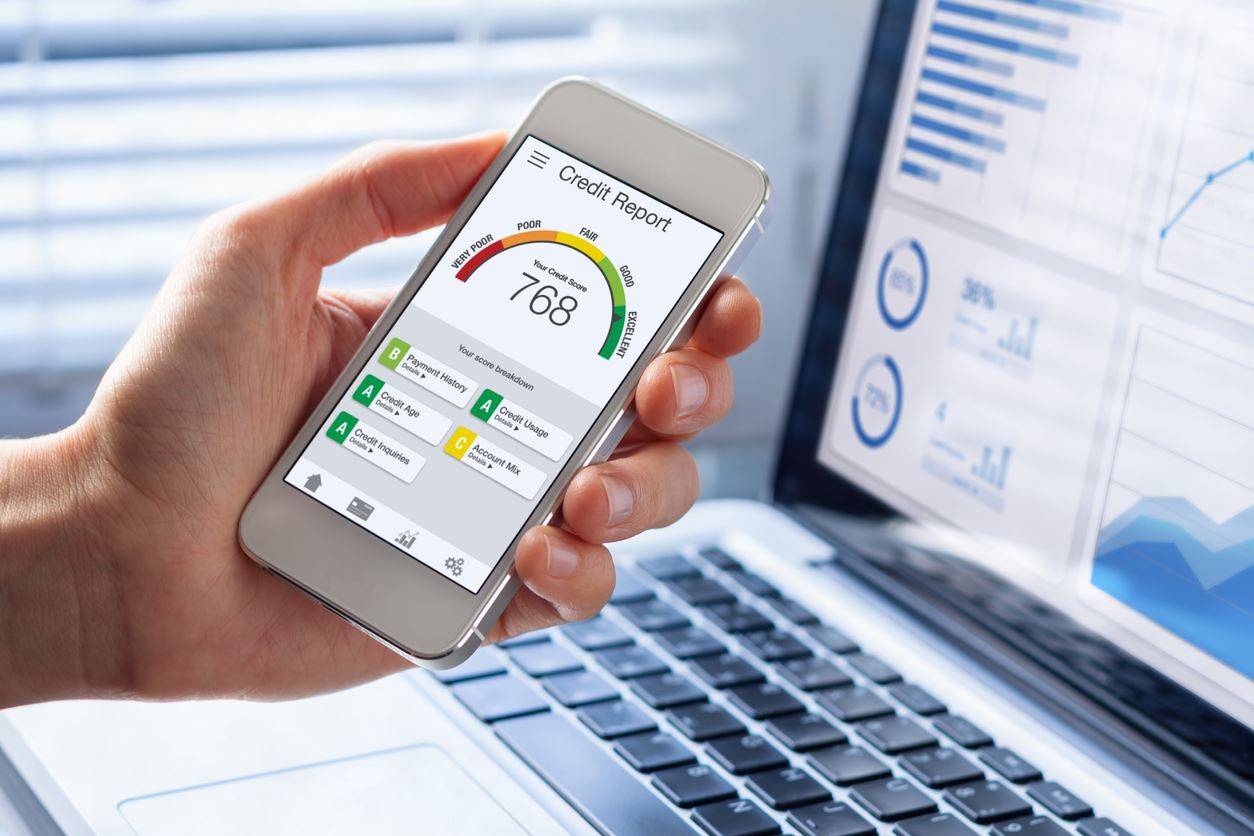When consumers consider filing for bankruptcy, one of their biggest concerns tends to be what will happen to their credit score after they file. The most prominent myth concerning bankruptcy is that after its completion, the filer’s credit score will plummet to a state beyond repair. This is untrue. Our California bankruptcy team explains what actually happens to your credit score after you file for bankruptcy, as well as provides practical ways to raise your score once you gain a discharge.
The Chapter of Bankruptcy You File
Although the decrease in credit score may seem universal for every chapter of bankruptcy, it in fact varies depending on which chapter you file for.
- Chapter 7: Credit scores can be accessed 90-120 days after a discharge is granted. There will be an initial drop in credit score once the bankruptcy concludes, typically around 100 points and scores will usually hover around 500-550 for most filers.
- Chapter 13: Filers will also find a decrease in their score, though the dip is typically not as severe as a decrease from Chapter. After the court-approved payment plan is completed, usually spanning a 3-5 year period, filers will then be able to check their credit score after 90-120 days.
Time Is Your Friend
One of the most important aspects to keep in mind after filing for bankruptcy is the fact that time will always work on your behalf. Immideitaley following your bankruptcy, positive changes in your credit score may seem insignificant, but it does not mean this will be the case forever.
By maintaining on-time payments you will see a steady increase in your credit score, and creditors/lenders will be more willing to work with you down the road.
Here are some statistics regarding credit scores to bear in mind once your bankruptcy is complete:
- 43% of filers had a credit score of 640 or higher within one year of filing bankruptcy
- 65% of filers had a score above 640 within two years of filing
Raising your credit score after bankruptcy is never impossible, but the key to doing so on a consistent basis is putting in instilling good financial habits the moment your bankruptcy is over.
Good Financial Practices to Raise Your Score
There are several practices that you can put in place after bankruptcy that can help boost your credit score and keep it from going down in the future.
Don’t borrow money right after your bankruptcy. Do your best to focus on making your payments on time for existing loans and credit cards to rebuild your credit.
Consider opening a secured credit card account. These are available to almost every recent bankruptcy filer to help raise their credit score when used responsibly and paid off on time.
Finance a vehicle. Both Chapter 7 and 13 filers may be able to finance a car during and after bankruptcy, and staying consistent with payments is the best way to keep your credit score on the rise.
Contact Our California Bankruptcy Team Today
We understand how difficult finances can be, and how daunting bankruptcy may seem. Our skilled debt relief team has the experience you need to help you find financial freedom.
If you would like to find out more about how we can help you get rid of debt, get in touch with us today through our website or give us a call at (310) 220-4147 to schedule a consultation.


